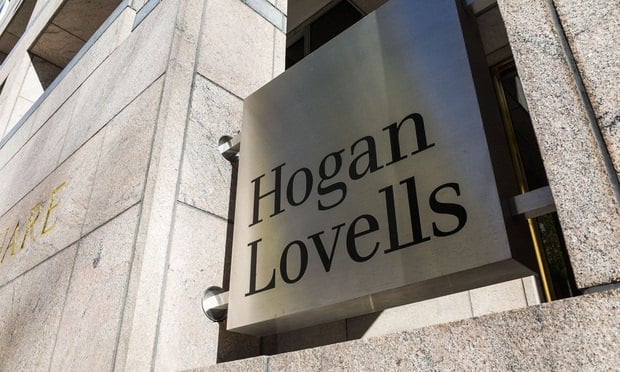The unfolding of the US sub-prime crisis has caused substantial damage in the global capital markets. Widespread debt downgrades have created huge losses in the value and liquidity of securitised debt backed by sub-prime residential mortgage loans. Much of this debt was held by major US banks, resulting in their multibillion-dollar write-downs in the third and fourth quarters of 2007. Until recently, the extent of the global damage was questioned as many European banks resisted following the lead of US banks in writing down their sub-prime exposure. However, the massive wave of write-downs announced in recent weeks by several prominent European banks highlights the global nature of this problem. In fact, Swiss financial giant UBS has recently revealed sub-prime-related write-downs of £9.3bn, second only to the sub-prime write-downs of US behemoth Citi.
Many are anticipating a response from government regulators. The International Monetary Fund has discarded its growth forecast for 2008 and abandoned a quarter-century doctrine of fiscal orthodoxy, warning that the credit crisis might force governments to resort to radical measures. In the face of global stock market turmoil, the scandal at Societe Generale and the crisis at UK mortgage lender Northern Rock, there is a call for order to be restored in the capital markets. Several European leaders present at a recent credit crunch meeting in London echoed this call and stressed the need for increased co-operation between national regulators, which would provide for greater transparency in financial markets and lead to earlier warnings of global systemic risks.








